
Historian of the eighteenth-century Atlantic World, American Continental Army, and Military Europe. https://t.co/kc6TiZCYrG
6 subscribers
How to get URL link on X (Twitter) App


 A forlorn Cap upon his Head, with a Streamer waiving from it half down to his Waistband, with a Deaths Head painted in Front a beautifull Hussar Cloak ornamented with Lace and Fringe and Cord of Gold, a scarlet Waist coat under it, with shining yellow metal Buttons
A forlorn Cap upon his Head, with a Streamer waiving from it half down to his Waistband, with a Deaths Head painted in Front a beautifull Hussar Cloak ornamented with Lace and Fringe and Cord of Gold, a scarlet Waist coat under it, with shining yellow metal Buttons
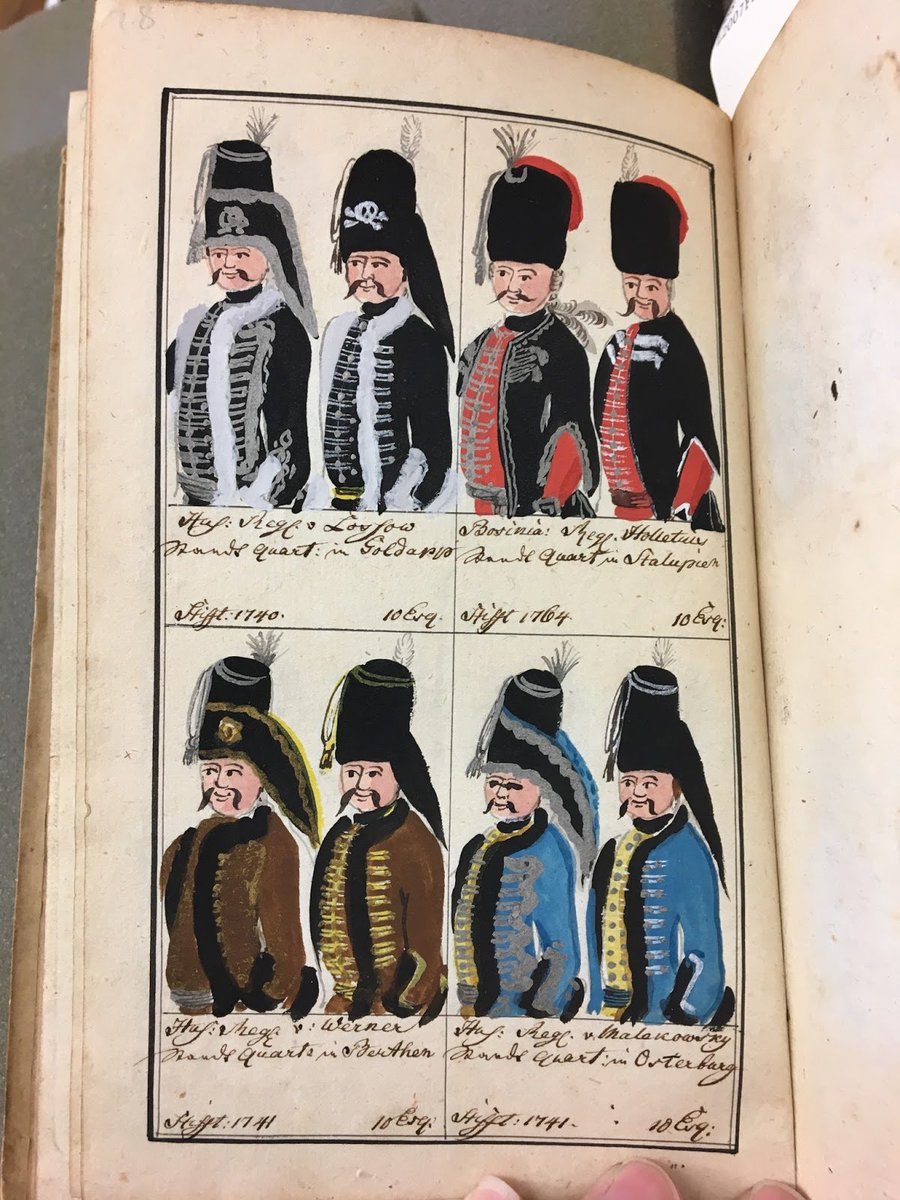

 People complain that this movie is slow but six minutes in Redmond Barry's (Ryan O'Neal) dad has been killed a gunfight and he has been seduced by his cousin (stay classy, eighteenth-century Ireland). 2/
People complain that this movie is slow but six minutes in Redmond Barry's (Ryan O'Neal) dad has been killed a gunfight and he has been seduced by his cousin (stay classy, eighteenth-century Ireland). 2/ 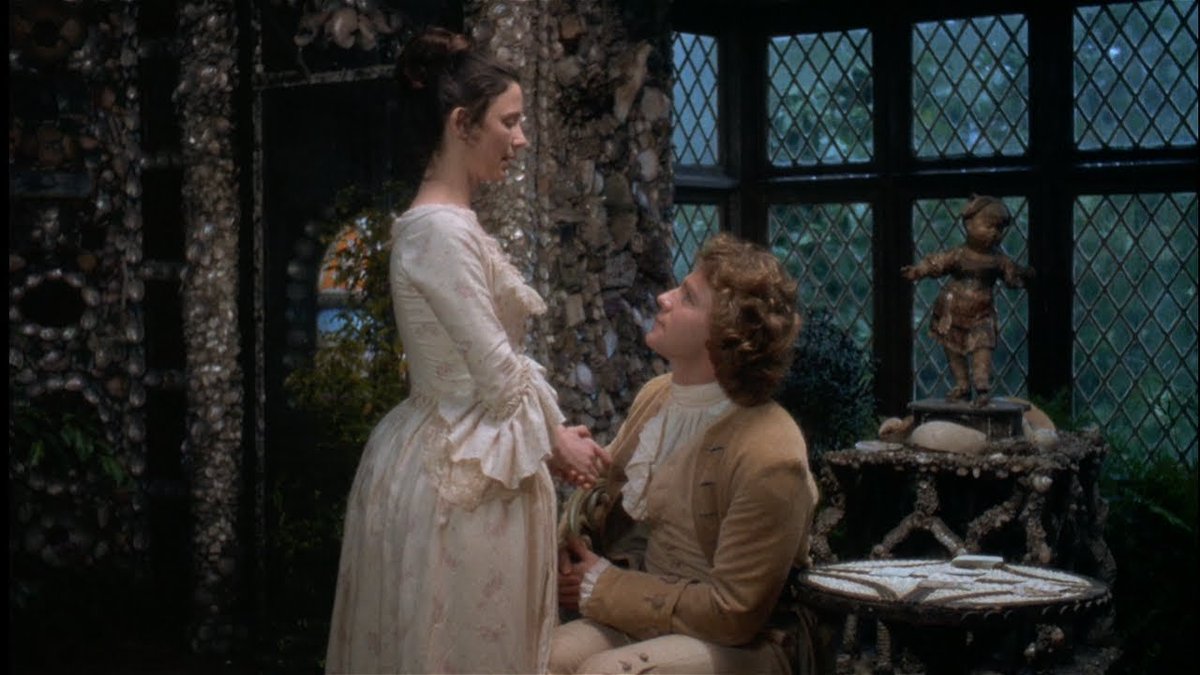
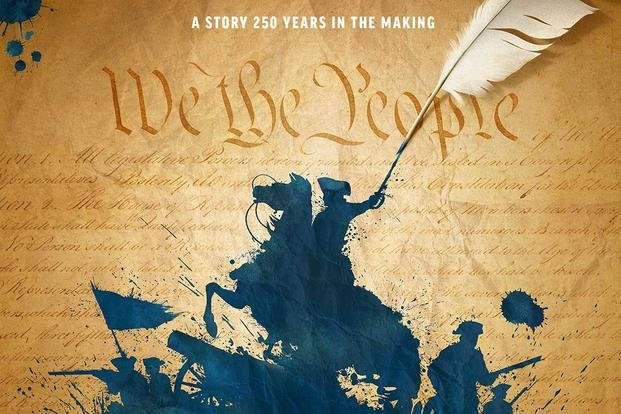
 First of all, I don't really want to talk about accurate musket range.
First of all, I don't really want to talk about accurate musket range. 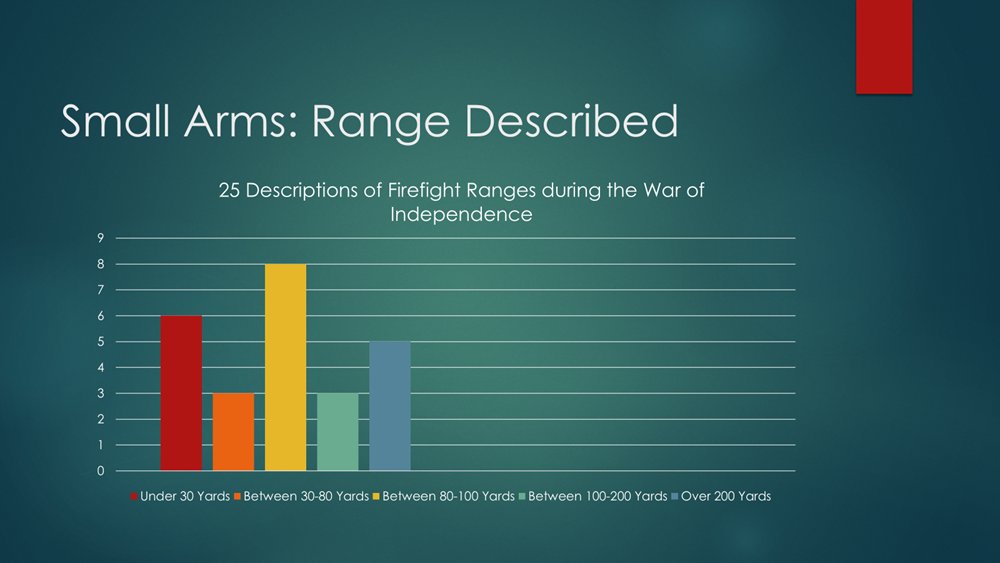



 In the 1720s folktales of supernatural events combined with the tensions of a military borderland to create a new type of spook: The Vampire.
In the 1720s folktales of supernatural events combined with the tensions of a military borderland to create a new type of spook: The Vampire. 
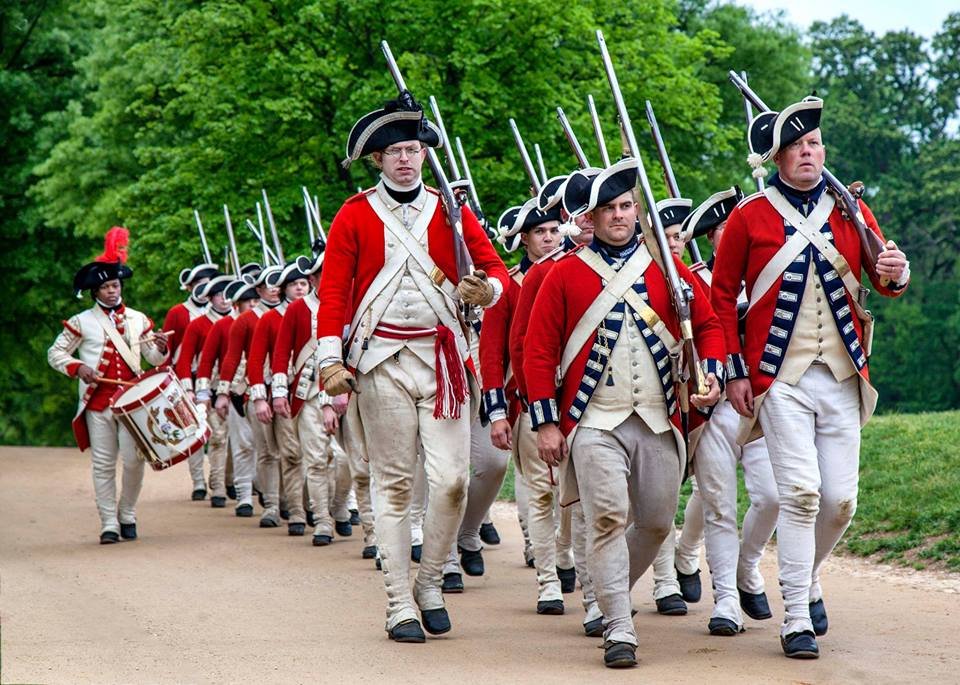
 In the first year of the war, it was the British who struggled to gain ground as American forces scored victory after victory.
In the first year of the war, it was the British who struggled to gain ground as American forces scored victory after victory. 

https://twitter.com/washghost1/status/1935448890972451292What were battles in the Revolutionary War really like? It's a subject that, as a history professor, I have spent my life studying. I teach (among other things) the military history of the Revolutionary War at a small college in Ohio.

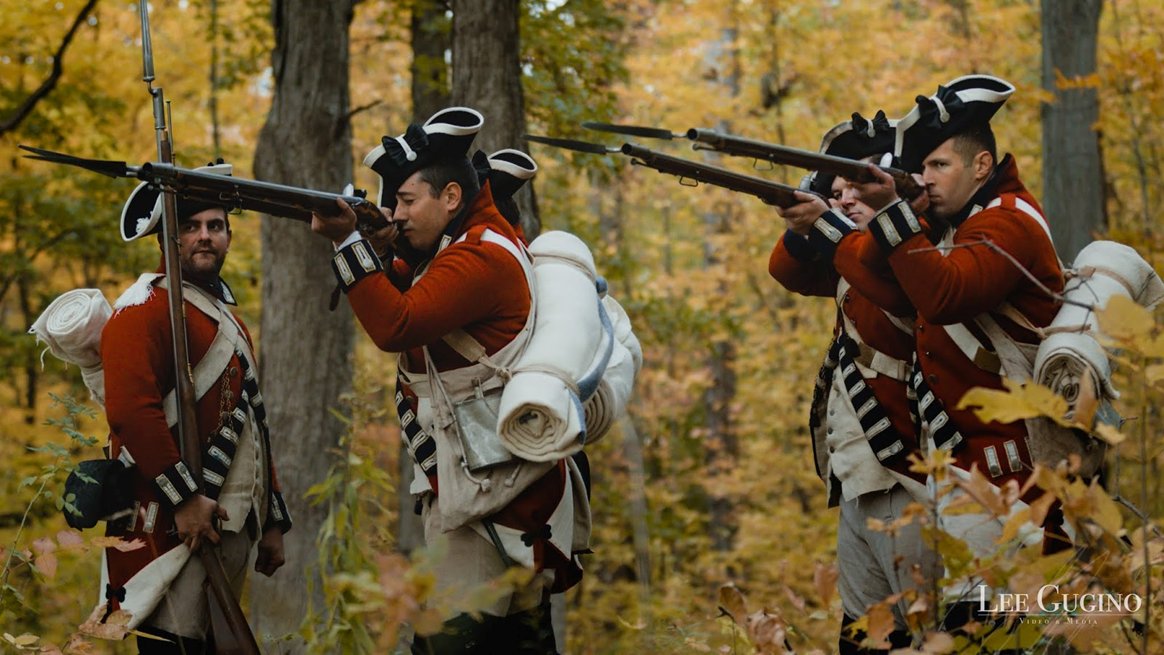
 I am creating this guide as a resource for those commemorating the anniversaries of the Revolutionary War.
I am creating this guide as a resource for those commemorating the anniversaries of the Revolutionary War. 


 For our game, we took a break from our ongoing Thirty Years War game to play a hypothetical scenario set in the Polish-Swedish Wars of the 1620s. In this scenario, Gustavus Adolphus's Swedes were trying to force their way across a river, in order to encircle Riga.
For our game, we took a break from our ongoing Thirty Years War game to play a hypothetical scenario set in the Polish-Swedish Wars of the 1620s. In this scenario, Gustavus Adolphus's Swedes were trying to force their way across a river, in order to encircle Riga.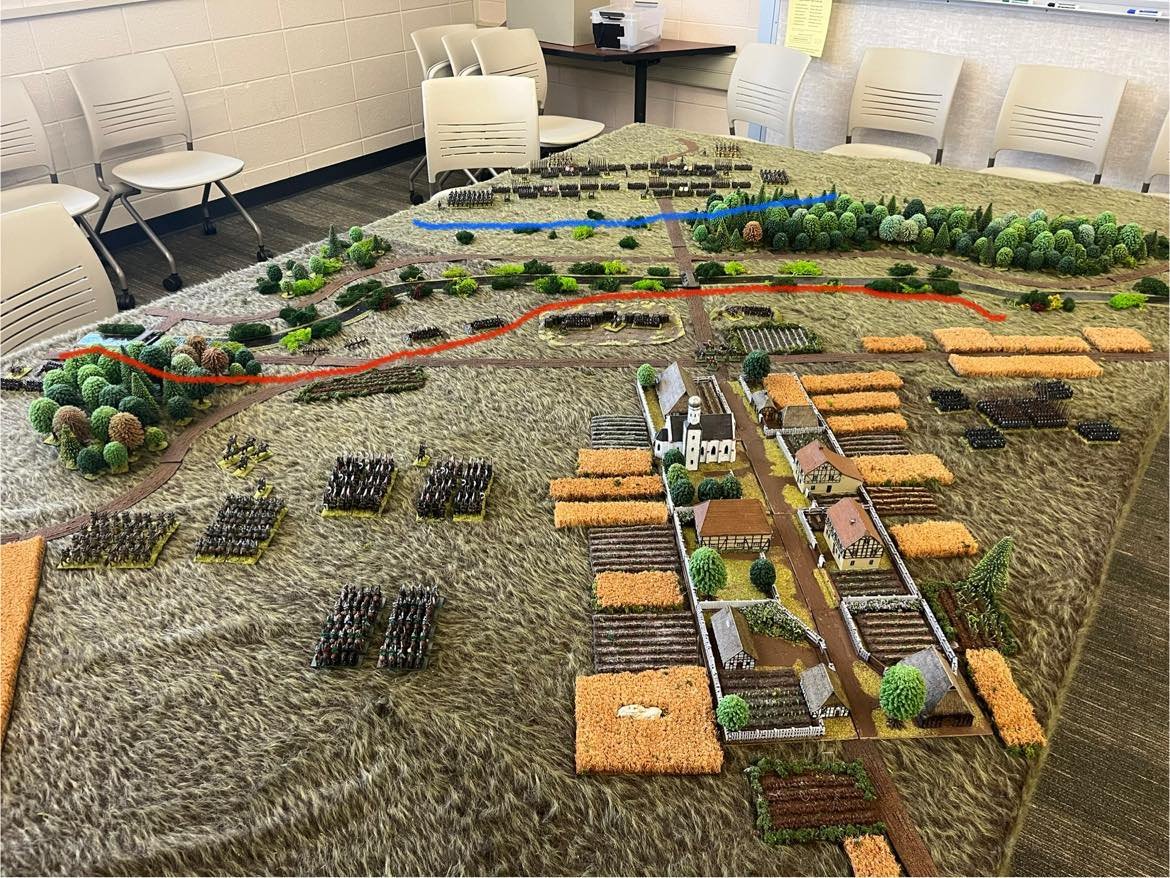
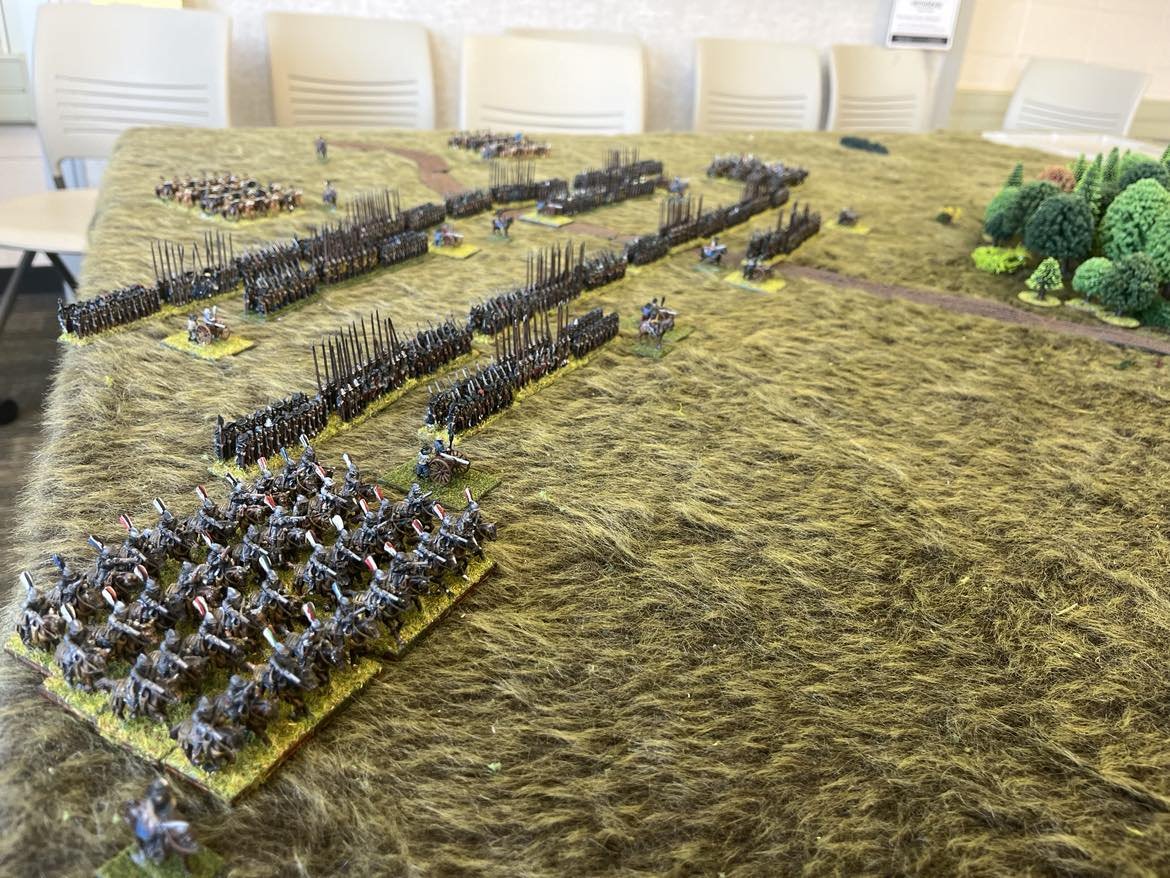
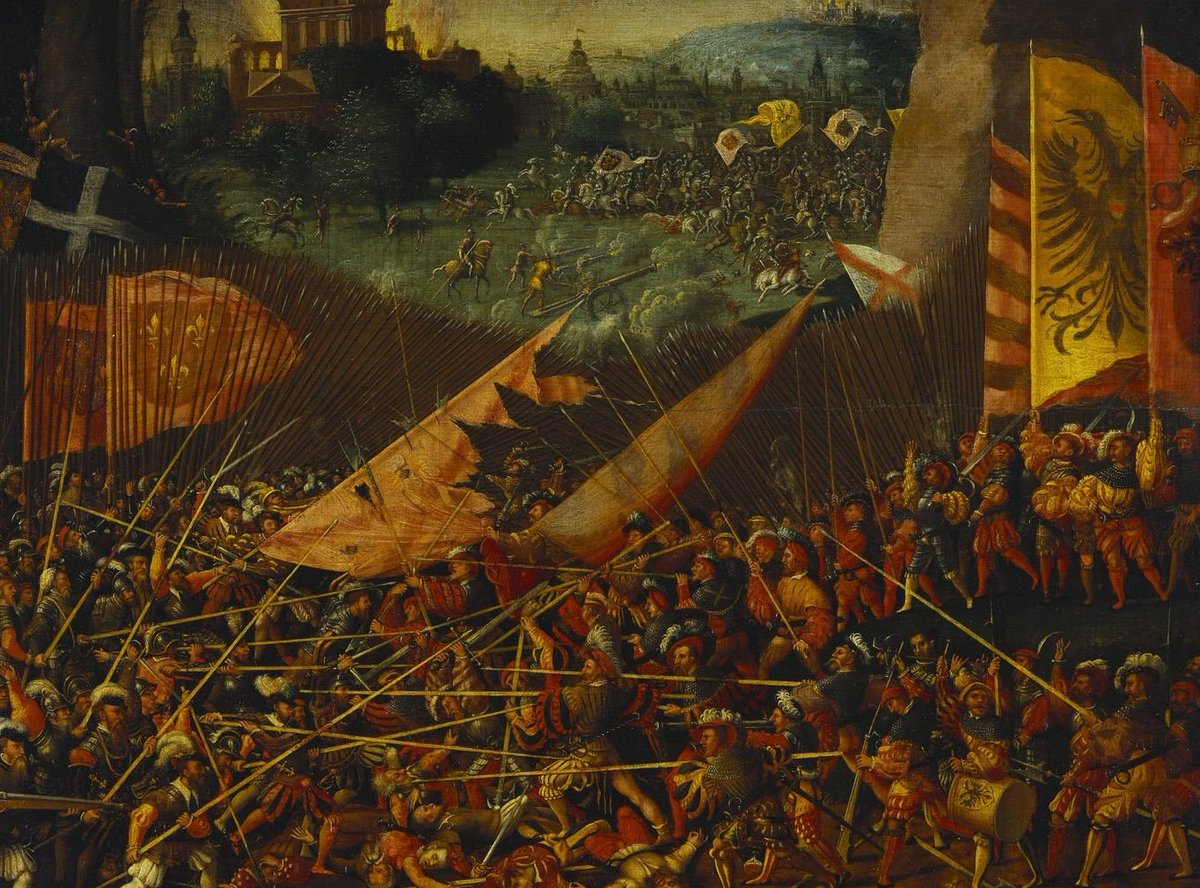
 About now, on the evening February 23rd, the Imperial army of ~25,000 men composed of troops from the Holy Roman Empire, Spain, and Italy, left their camp to the east of the Pavia, hoping to break into the Visconti Park surrounding Mirabello to the north of the city. 2/25
About now, on the evening February 23rd, the Imperial army of ~25,000 men composed of troops from the Holy Roman Empire, Spain, and Italy, left their camp to the east of the Pavia, hoping to break into the Visconti Park surrounding Mirabello to the north of the city. 2/25 

 If you didn't see it, I recently reviewed the film's depiction of combat.
If you didn't see it, I recently reviewed the film's depiction of combat. https://x.com/KKriegeBlog/status/1887539706969075741
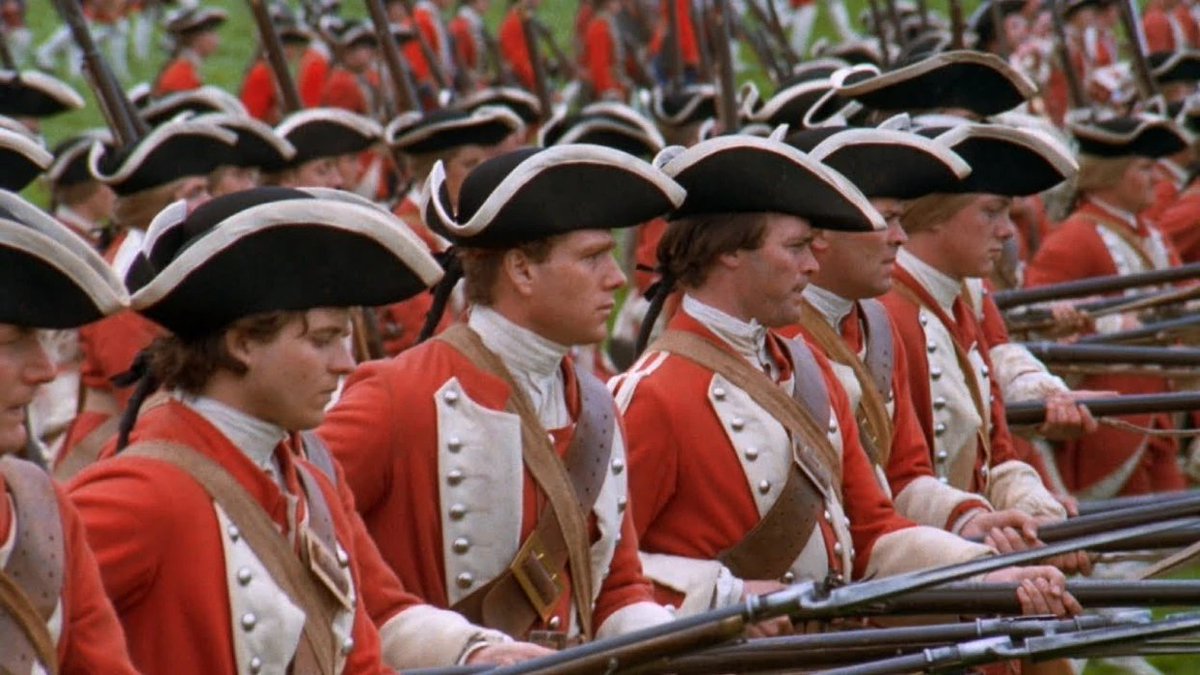
 Kubrick does an incredible job of trying to capture scenes from eighteenth-century art on film, and as a result, the film is breathtaking. 2/16
Kubrick does an incredible job of trying to capture scenes from eighteenth-century art on film, and as a result, the film is breathtaking. 2/16 

 Who was this man? He was born as crown prince of a small Lutheran country in what is today northern Germany: Prussia. His life and story would invariably be tied to the rise of that country, and actions of its successor state, the modern nation of Germany. 2/22
Who was this man? He was born as crown prince of a small Lutheran country in what is today northern Germany: Prussia. His life and story would invariably be tied to the rise of that country, and actions of its successor state, the modern nation of Germany. 2/22 


https://x.com/KKriegeBlog/status/1876354734568931416Obviously, no correct answer here: I'm pleased with the ratio of the sample size, if it was 10 academic experts, the answers might conform to what I think, but it would have defeated the point of the poll.
https://x.com/KKriegeBlog/status/1876354738964639935

 My level of knowledge on the Revolutionary War is:
My level of knowledge on the Revolutionary War is:
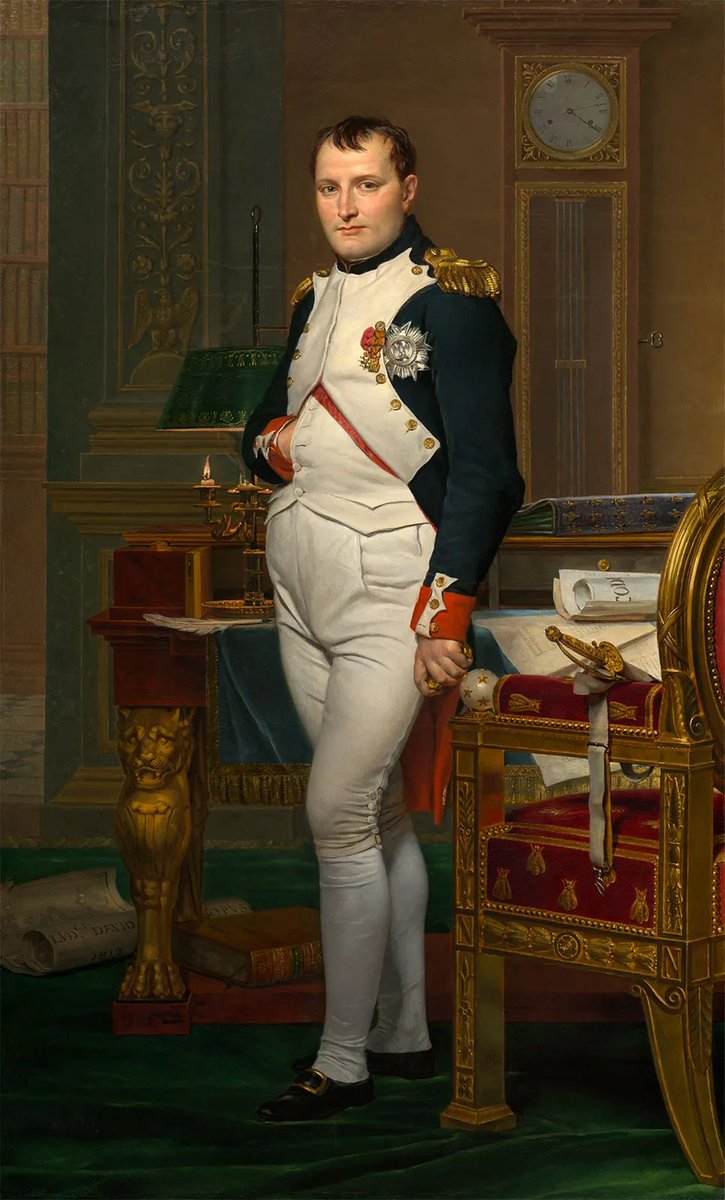
 If men as a whole think about the Roman Empire too much, there is at least a dedicated community that thinks a little bit too much about Napoleon Bonaparte, the French Emperor, strategist, and military genius who dominated Europe in the early 1800s. 2/25
If men as a whole think about the Roman Empire too much, there is at least a dedicated community that thinks a little bit too much about Napoleon Bonaparte, the French Emperor, strategist, and military genius who dominated Europe in the early 1800s. 2/25 

 "Our Alva, Gage, with his fifteen Mandamous Councillors, are Shutt up in Boston, afraid to Stir, afraid of their own shades, protected with a Dozen Regiments of Regular soldiers, and strong Fortifications, in the Town, but never moving out of it." 2/10
"Our Alva, Gage, with his fifteen Mandamous Councillors, are Shutt up in Boston, afraid to Stir, afraid of their own shades, protected with a Dozen Regiments of Regular soldiers, and strong Fortifications, in the Town, but never moving out of it." 2/10

 It's a remake of the original, and I'm not really going to get into the plot or spoilers that much, but rather evaluate the setting in 1830s "Germany" and Transylvania. 2/25
It's a remake of the original, and I'm not really going to get into the plot or spoilers that much, but rather evaluate the setting in 1830s "Germany" and Transylvania. 2/25 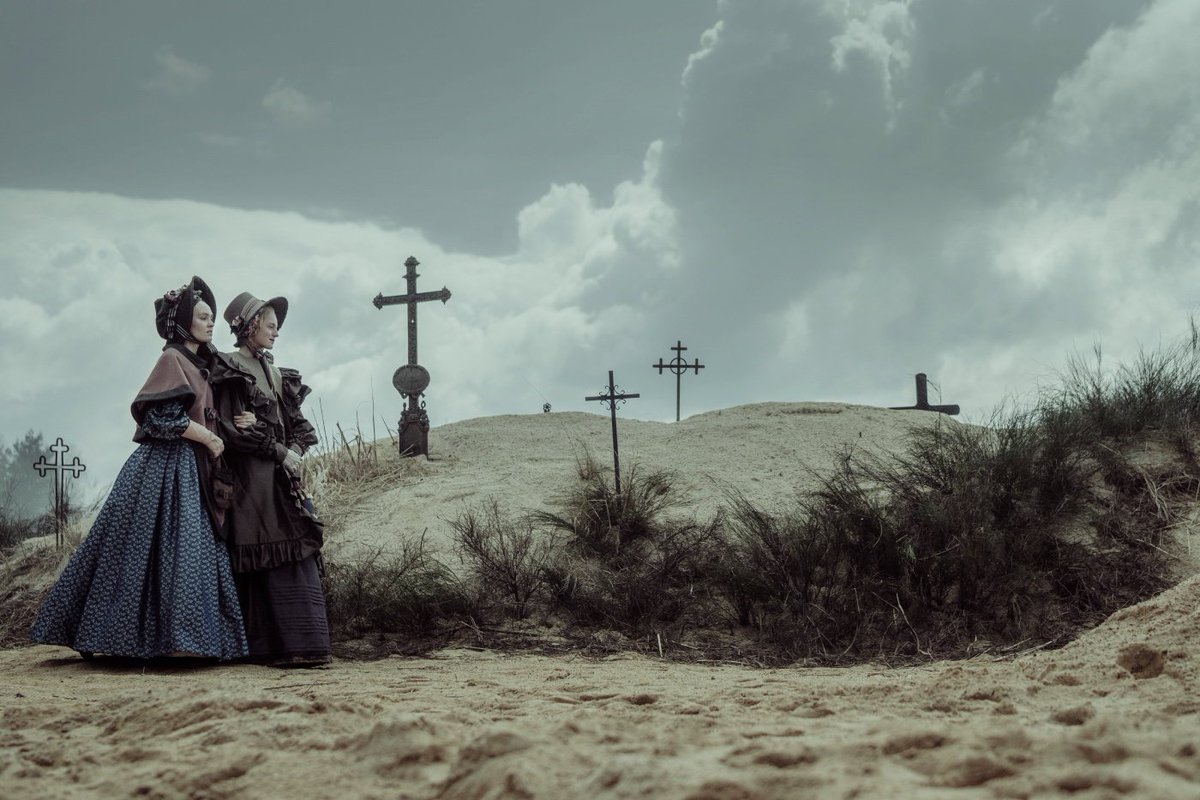
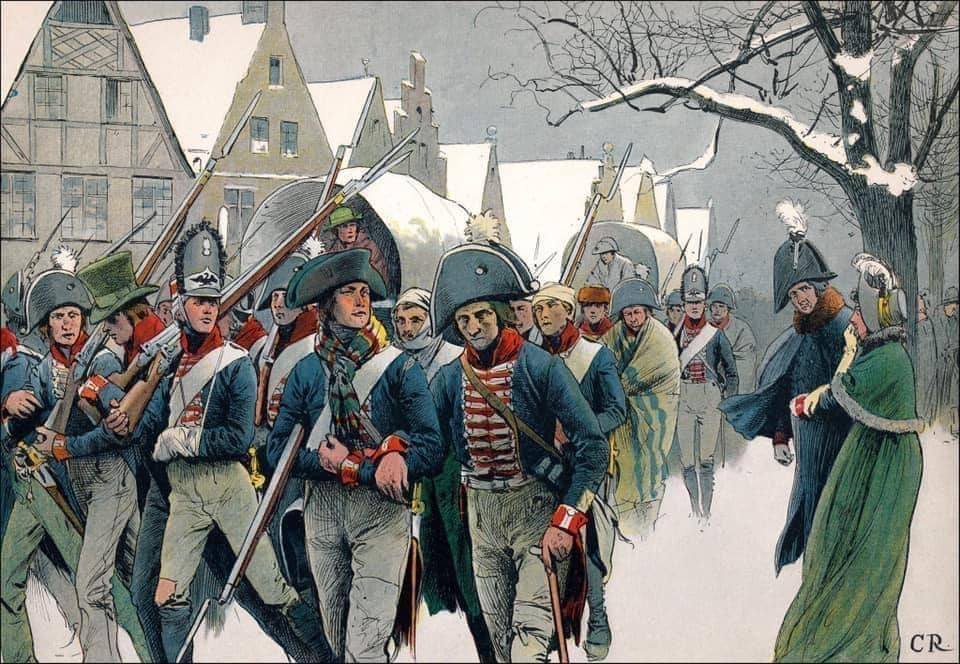
 It is easy to get this stuff wrong. For example, the "Christmasy" image I shared above is not from the Revolutionary War or 18th century at all, but rather Prussian troops retreating in 1806. How can we cut through this minefield? 2/21
It is easy to get this stuff wrong. For example, the "Christmasy" image I shared above is not from the Revolutionary War or 18th century at all, but rather Prussian troops retreating in 1806. How can we cut through this minefield? 2/21
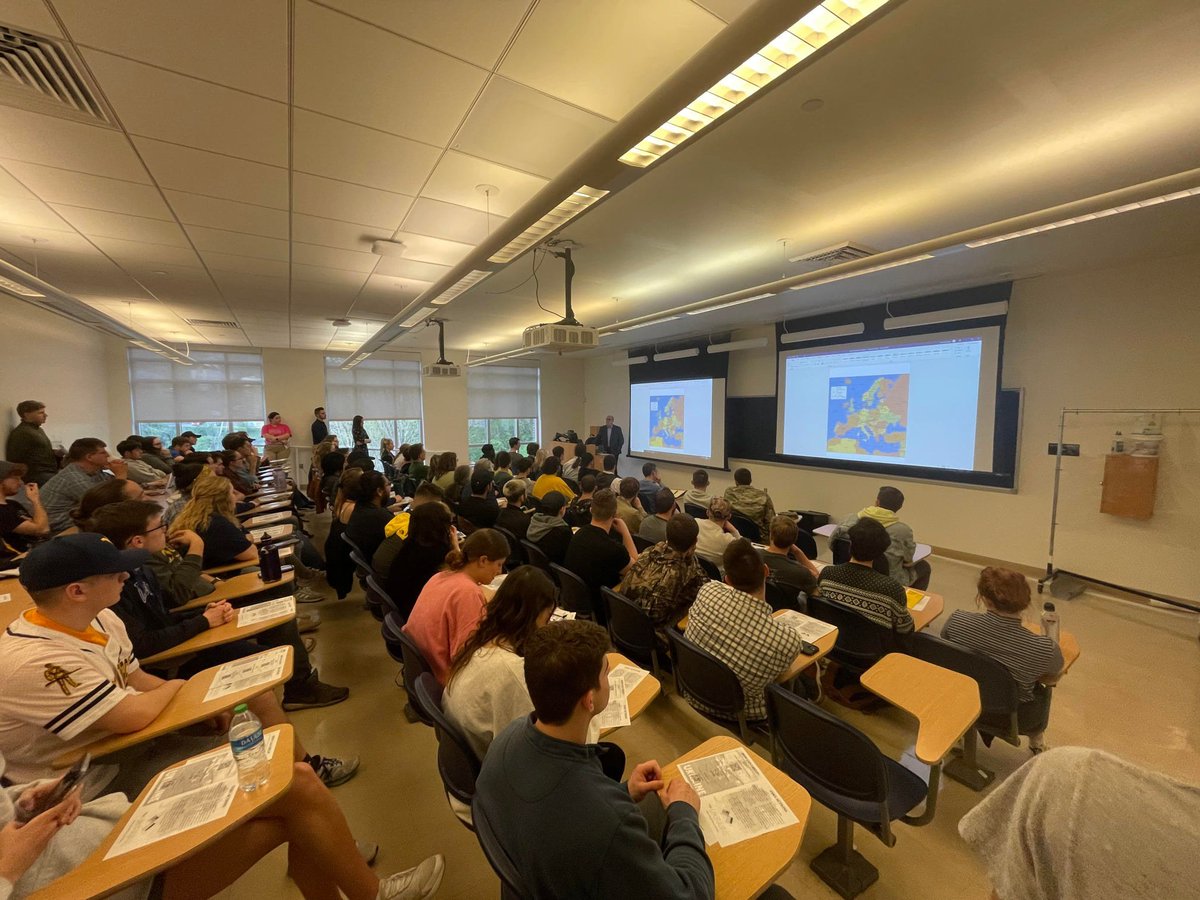
 I've worked in higher education as a student and professor since 2012. I see four main problems in American higher education today:
I've worked in higher education as a student and professor since 2012. I see four main problems in American higher education today: 